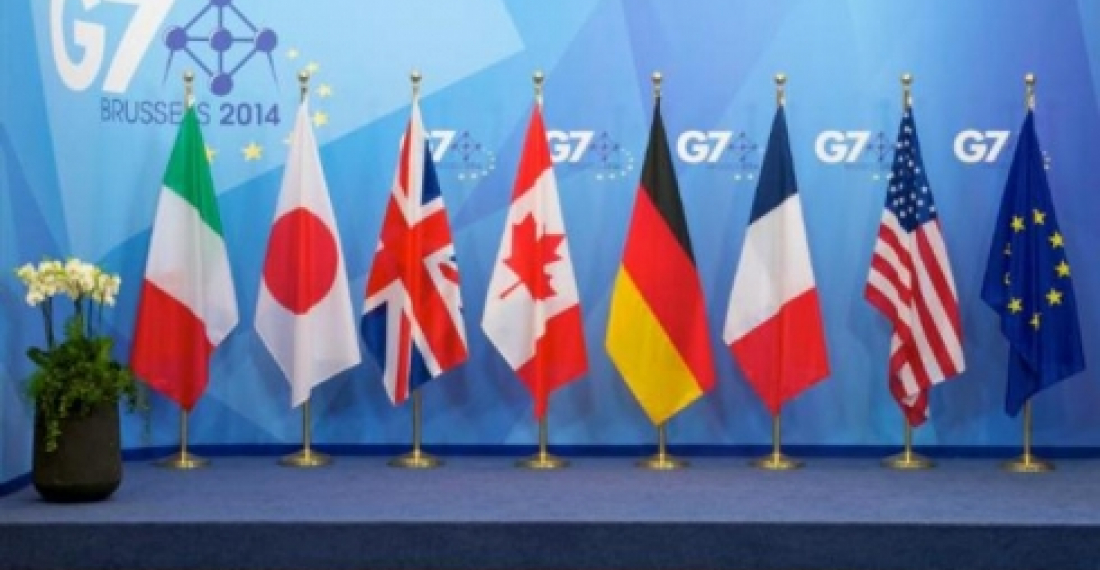The G7 countries have called on China not to unilaterally change the status quo by force in the Taiwan Strait and beyond, and to resolve cross-Strait differences by peaceful means.
In a statement, the G7 Foreign Ministers of Canada, France, Germany, Italy, Japan, the United Kingdom, the United States of America, and the High Representative of the European Union, reaffirmed their shared commitment to maintaining the rules-based international order, peace and stability across the Taiwan Strait and beyond. The statement added:
We are concerned by recent and announced threatening actions by the People’s Republic of China (PRC), particularly live-fire exercises and economic coercion, which risk unnecessary escalation. There is no justification to use a visit as pretext for aggressive military activity in the Taiwan Strait. It is normal and routine for legislators from our countries to travel internationally. The PRC’s escalatory response risks increasing tensions and destabilizing the region.
We call on the PRC not to unilaterally change the status quo by force in the region, and to resolve cross-Strait differences by peaceful means. There is no change in the respective one China policies, where applicable, and basic positions on Taiwan of the G7 members.
We reiterate our shared and steadfast commitment to maintaining peace and stability across the Taiwan Strait and encourage all parties to remain calm, exercise restraint, act with transparency, and maintain open lines of communication to prevent misunderstanding.







